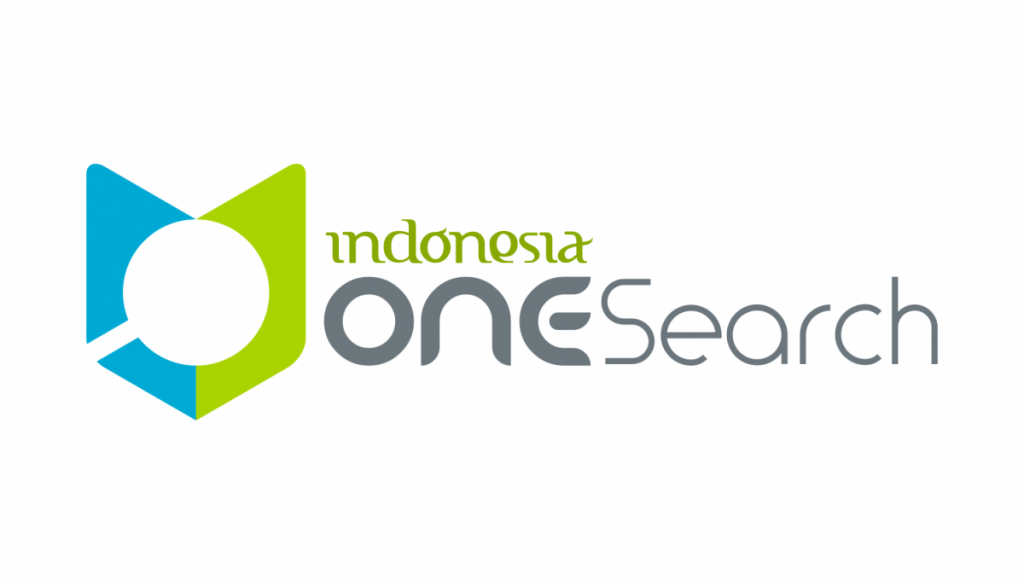Peningkatan Kemampuan Berbahasa Inggris Bagi Siswa SMP
 Abstract views: 1292
,
Abstract views: 1292
,
 PDF downloads: 746
PDF downloads: 746
Abstract
One of the main objectives of studying English is to increase ability in English conversation. However, English conversation skills are still considered as one of the skills that are difficult for students to do. Many students face some difficulties when they want to communicate in English, even though they have studied English for years. Some of the difficulties students often face and complain about are the first, they are not able to communicate in English, because they do not master English vocabulary. Secondly, they are afraid and lacking confidence in the ability to speak English vocabulary, and thirdly, there is no attractive media and learning methods to involve students communicating in English. Therefore, effective and efficient solutions are needed to increase students' interest in understanding English subjects by providing interesting teaching media and effective learning methods. One of the interesting teaching media is the use of ICT (Information and Communication Technology) into it, one of which is video animation. Effective and efficient media and methods can help students engage in learning English and at the same time be motivated to communicate in English. The target of the implementation of this community service activity is Class 7 students of Bazma Brilliant Middle School. This activity provides knowledge about the media and methods of learning English conversation in the form of tips and strategies to increase students' interest in learning and communicating in English.
References
Andy, A., Rusfandi, R., & Muzammil, L. (2018). Pelatihan Berbahasa Inggris Dengan Drilling Dan Repetition Bagi Karang Taruna Desa Jedong. Martabe : Jurnal Pengabdian Kepada Masyarakat, 1(2), 42. https://doi.org/10.31604/jpm.v1i2.42-48
Di, P., Operasi, D., & Pusri, P. T. (2016). Pengaruh Motivasi Kerja Terhadap Kinerja Karyawan Level Pelaksana Di Divisi Operasi Pt. Pusri Palembang. Psikis: Jurnal Psikologi Islami, 1(2), 43–53.
Emda, A. (2018). Kedudukan Motivasi Belajar Siswa Dalam Pembelajaran. Lantanida Journal, 5(2), 172. https://doi.org/10.22373/lj.v5i2.2838
Jelantik Swasta, I. B. (2014). Peran Pendidikan, Pelatihan Bahasa Inggris, Dan Teknik Kepemanduan Dalam Pengembangan Mina Wisata. Jurnal Cakrawala Pendidikan, 3(3), 474–482. https://doi.org/10.21831/cp.v3i3.2391
Muhammad, M. (2017). Pengaruh Motivasi Dalam Pembelajaran. Lantanida Journal, 4(2), 87. https://doi.org/10.22373/lj.v4i2.1881
Purnaningsih, P. (2017). Strategi Pemanfaatan Media Audio Visual untuk Peningkatan Hasil Belajar Bahasa Inggris. Jurnal Informatika Universitas Pamulang, 2(1), 34. https://doi.org/10.32493/informatika.v2i1.1503
Ratminingsih, N. M. (2016). Efektivitas Media Audio Pembelajaran Bahasa Inggris Berbasis Lagu Kreasi Di Kelas Lima Sekolah Dasar. JPI (Jurnal Pendidikan Indonesia), 5(1), 27. https://doi.org/10.23887/jpi-undiksha.v5i1.8292
Santosa, R. B. (2018). Motivasi Dalam Pembelajaran Bahasa Inggris: Studi Kasus Pada Mahasiswa Jurusan Pendidikan Bahasa Inggris IAIN Surakarta. Jurnal Ilmiah Didaktika, 18(1), 87. https://doi.org/10.22373/jid.v18i1.3089
Sulasih, S. (2017). Pembelajaran Bahasa Inggris Melalui Multimedia. Jurnal Informatika Universitas Pamulang, 2(4), 200. https://doi.org/10.32493/informatika.v2i4.1441
Tadulako, U. (2018). Peningkatan Kualitas Pembelajaran Bahasa Inggris Melalui, 1(2), 79–89.
Copyright (c) 2020 Madani : Indonesian Journal of Civil Society

This work is licensed under a Creative Commons Attribution 4.0 International License.
Copyright Notice
Authors who publish with this journal agree to the following terms:
- Authors retain copyright and grant the journal right of first publication with the work simultaneously licensed under a Creative Commons Attribution License that allows others to share the work with an acknowledgement of the work's authorship and initial publication in this journal.
- Authors are able to enter into separate, additional contractual arrangements for the non-exclusive distribution of the journal's published version of the work (e.g., post it to an institutional repository or publish it in a book), with an acknowledgement of its initial publication in this journal.
- Authors are permitted and encouraged to post their work online (e.g., in institutional repositories or on their website) prior to and during the submission process, as it can lead to productive exchanges, as well as earlier and greater citation of published work (See The Effect of Open Access).
















